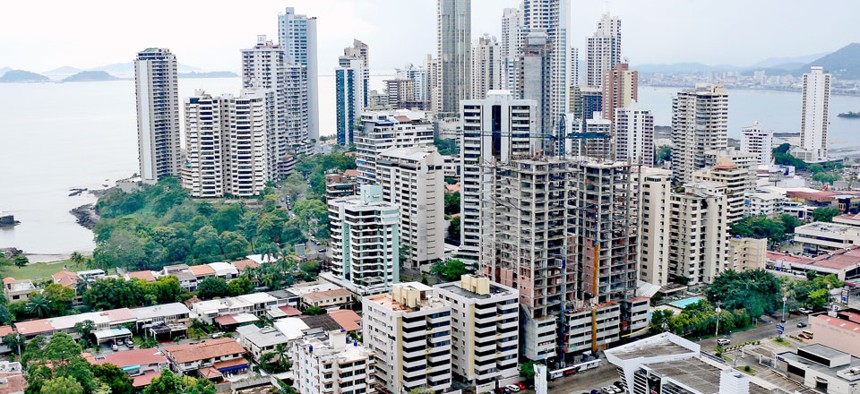Chemical Arms in Panama Won't Be Sent to U.S. for Disposal, Pentagon Says

The Visual Explorer/Shutterstock.com
The degrading toxin-filled munitions were abandoned by the U.S. Army in 1947.
The Defense Department on Tuesday said there are no plans to return aging U.S. chemical weapons left behind in Panama to the United States for destruction, seemingly contradicting a recent statement on the matter made by a top Panamanian official.
Pentagon spokeswoman Jennifer Elzea in released comments said the department would be dispatching a team of chemical weapons experts to the Central American nation "to assess the munitions identified by the Panamanians for appropriate future destruction options," which could include on-site incineration or chemical neutralization.
Panamanian Foreign Minister Fernando Núñez Fábrega last month reportedly announced an agreement had been reached with Washington for U.S. defense specialists to retrieve the handful of degrading toxin-filled munitions that were abandoned by the U.S. Army on San Jose Island after its chemical testing program there ended in 1947.
Núñez Fábrega was reported to have said in a statement posted online Nov. 21 that the intention was for the weapons to be transported to "the New Mexico desert, where they will be buried."
However, Elzea said the notion of sending the chemical arms back to the United States is not on the table.
"Relocation of the munitions from Panama to the Unites States is not an option being considered by the United States government, nor is it an option being discussed between the two countries," she said.
The Pentagon statement did not cite a time frame for when the experts would be going to the country.
The method of weapons destruction would depend on the type, number and condition of the munitions, Elzea said.
Panama City has pushed for years for Washington to dispose of the chemical weapons, arguing that San Jose Island's touristic value cannot be realized as long as the corroding munitions are there, posing a potential threat to public health.
The munitions on the island are thought to contain mustard agent and phosgene.
(Image via The Visual Explorer/Shutterstock.com)
NEXT STORY: Any Questions for the Joint Chiefs Chairman?






